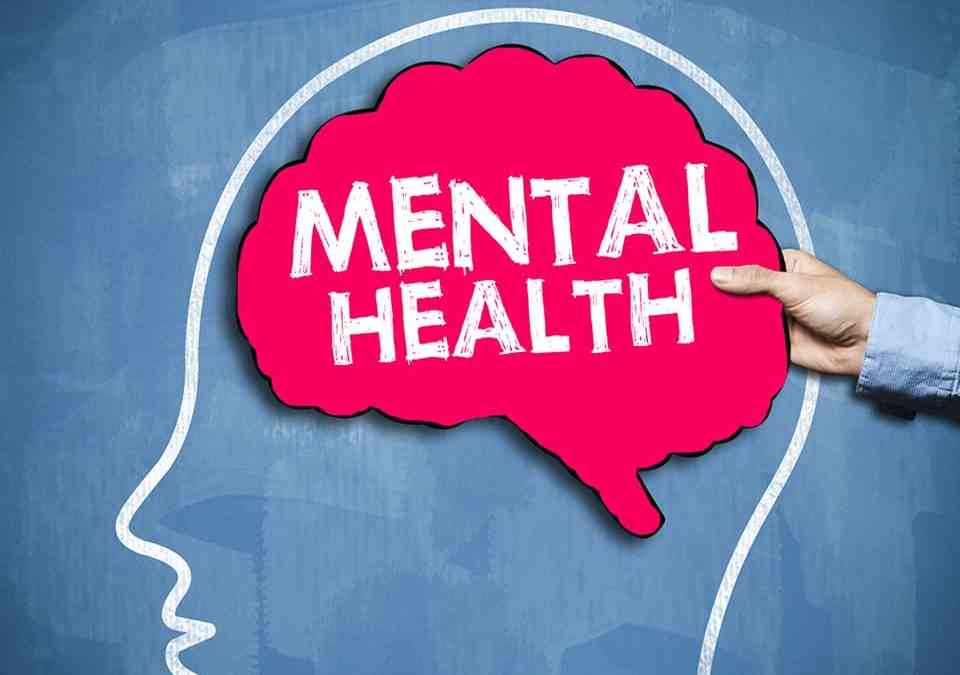
As discussed in previous articles, mental health is defined as a state of well-being in which an individual realises his or her own potential, can cope with the normal stresses of life, can work productively and fruitfully, and is able to make a meaningful contribution to their community.
Chronic self-doubt and pervasive feelings of inadequacy, feeling like you don’t belong and you feel like a fraud even where you are succeeding can be a major hindrance to mental wellbeing and can derail us in our quest for mental health and wellbeing.
What is imposter syndrome and what causes it?
Imposter syndrome is a psychological phenomenon where one feels inadequate and undeserving even where there is clear evidence to the contrary. Consider the following:
1. Do you find yourself constantly doubting your accomplishments?
2. Do you have a persistent fear of being exposed as a "fraud"?
3. Do you struggle with feelings of inadequacy even in tasks you are well qualified to do?
4. Do you often feel incompetent despite having been objectively proven competent?
- Why Maser CEO Suri thinks AfCFTA is a winner for start-ups
- Nedbank Zim parent unveils new listing plan
- Nedbank Zim parent unveils new listing plan
- Govt arranges Comesa grants for SMEs
Keep Reading
5. Do these feelings of incompetence and inadequacy steal any joy from your achievements or successes?
6. Have you stopped accepting challenging roles or seeking out further personal or professional development due to feelings of pervasive self doubt?
Imposter syndrome was first described by Suzanne Imes and Pauline Clance in 1978. They noticed this unique form of low self esteem mostly among highly successful women who seemed to struggle with a subjective sense of fraudulence, particularly of their academic achievements or professional skills.
Imposter syndrome can result from:
1. High pressure academic or work environments where there is little tolerance for error
2. Perfectionism
3. Fear of failure, shame and embarrassment
4. Fear of success itself and the expectations that can come with that
5. Failure to internalise one’s success
How can imposter syndrome affect your mental health and wellbeing?
While imposter syndrome is not a formally recognised mental health condition, it can have far reaching effects on our mental health.
Individuals with imposter syndrome may struggle with anxiety. Anxiety may cause feelings of tension, excessive worry and fear of being exposed.
Chronically feeling like a fraud can trigger or worsen feelings of sadness, despair, helplessness and hopelessness, which can eventually result in depression.
Imposter syndrome undermines self-esteem and self-confidence.
This can result in underperformance and self sabotage in the long run as affected individuals stop accepting new challenges and eventually stop growing professionally and personally.
I think I have imposter syndrome, how do I overcome it?
1. Acknowledge the feelings of self doubt, stop pretending and hiding behind masks of overconfidence
2. Confide in a trusted friend or seek professional help to talk about these difficult emotions
3. Mind your self-talk and keep a journal of your frequent thoughts to help give yourself reflect on what you think on a consistent basis
4. Build your sense of self esteem through self affirmations, speak life into your life and your circumstances
5. Strive for a flexible, growth focused mindset that looks at mistakes and failures as part of the journey of growth in life
6. Build a supportive network of family, friends and colleagues who can encourage you when you need it
7. Reach out to others who may also be struggling with imposter syndrome, its more common that we acknowledge it to be. This can help reduce the sense of isolation and hopelessness that comes with these feelings of inadequacy
If you think that you or someone that you know may be experiencing a mental health problem linked to imposter syndrome, please contact your nearest health care provider and get help.
*Dr Chido Rwafa Madzvamutse is a consultant psychiatrist. Feedback on WhatsApp +263777727332)










